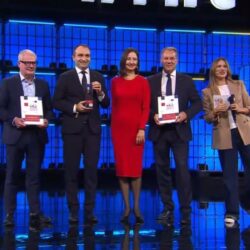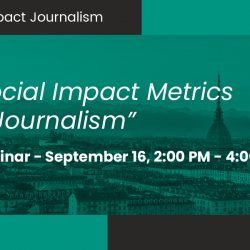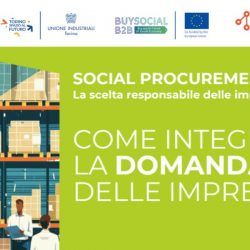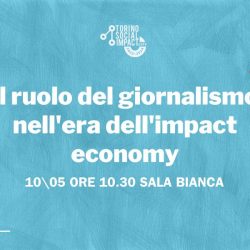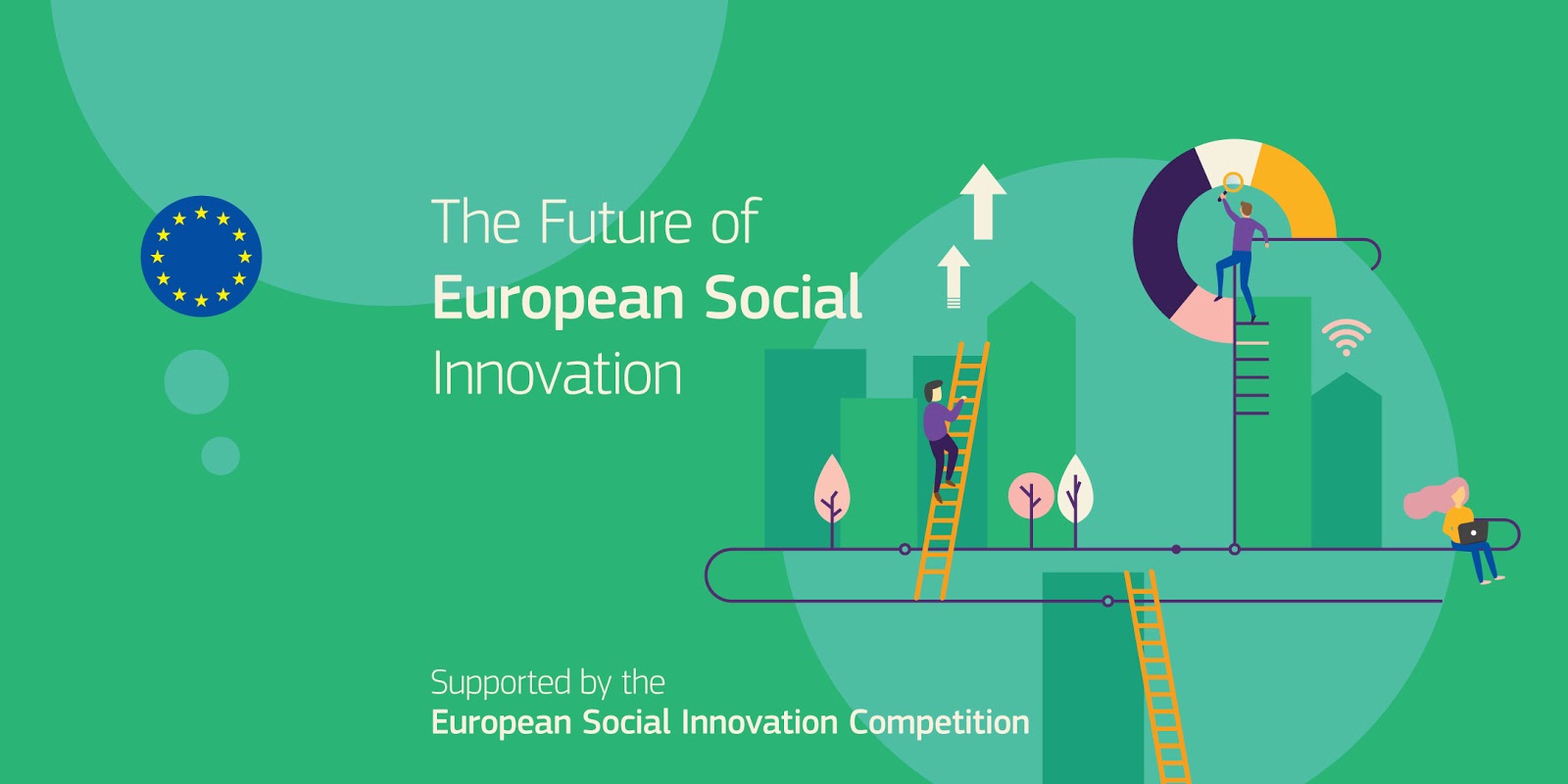The 2019 Academy of the European Social Innovation Competition is due to kick off in the Italian city of Turin next week. The 3-days educational and networking event, starting on 16 July, has become a highlight of the social innovation calendar in Europe – each year it brings industry experts into contact with some of Europe’s most promising social entrepreneurs.
Last month, the European Commission announced the 30 participants, from 19 countries, who were chosen to attend the Academy of the European Social Innovation Competition. These ‘Semi-Finalists’ were selected from 543 applicants from across Europe and they will be trained through workshops delivered by experienced social innovators and articulated around four key topics: innovation, impact, sustainability and scale.
On the occasion of this important initiative, Nesta Italia organizes the public event “The Future of European Social Innovation”. During the event, industry leaders will gather to discuss the state-of-the-art of social innovation at the local level and the success stories of the European Social Innovation Competition. Some of the key players in the innovation world will be asked to discuss important issues related to climate change and, more generally, how social innovation can support a positive and systematic change in today’s society.
The event will be held on 17 July at the Le Musichall Theater in Turin. Registration and more information at this link.
Launched in memory of social innovation pioneer Diogo Vasconcelos, the European Social Innovation Competition is a challenge prize run by the European Commission across all EU Member States and Horizon 2020 associated countries. Now in its 7th year, the Competition acts as a beacon for social innovators in Europe, employing a proven methodology for supporting early-stage ideas and facilitating a network of radical innovators shaping society for the better. Each year the Competition addresses a different issue facing Europe. This year the focus is: Challenging Plastic Waste.
The Competition is organised by the European Commission with support from Nesta, Kennisland, Ashoka Spain, the European Network of Living Labs and Scholz & Friends.
Popular
